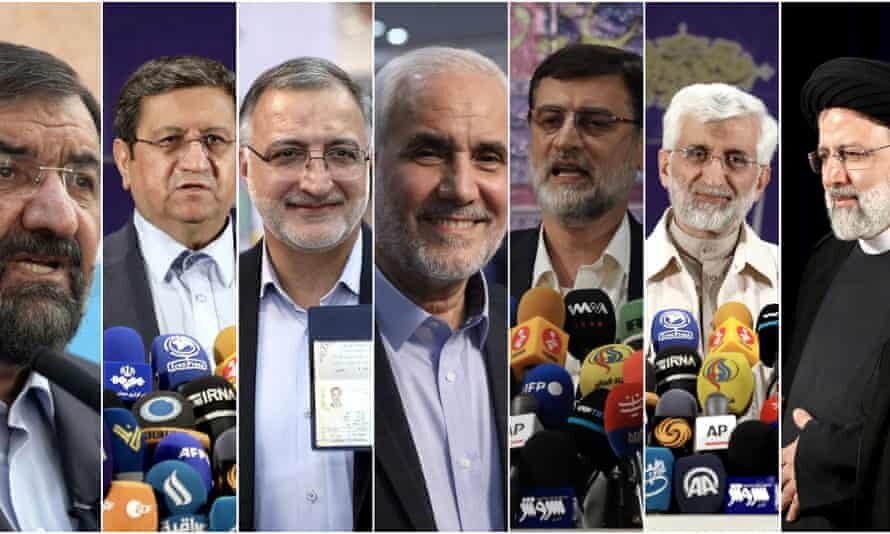Iran’s presidential election: private sector expectations and demands

TEHRAN – Iran is on the verge of yet another political turning point as the current government incumbency gets closer to its end and seven new presidential candidates line up to try their luck for leading the next government.
Iran’s thirteenth presidential election is scheduled to be held on June 18 and this round, the current incumbent president Hassan Rouhani would be ineligible to run for re-election as he was limited to two terms or eight years in office.
Since the last presidential election in 2017, a series of events have drastically changed the Iranian political and economic landscape, on top of which the re-imposition of the U.S. sanctions and the outbreak of the coronavirus pandemic can be mentioned.
The economy, among other factors, has always played a key role in the Iranian elections and it has been high on the agenda of every candidate years after years. Due to the country’s current economic situation, this year, however, the issue is more significant in comparison to the previous rounds.
The impact of sanctions, exacerbated by the pandemic, has caused one of the toughest economic situations in the country's history, imposing a huge burden on people’s livelihood and business activities, so the majority of people and businesses are closely monitoring the new candidates’ programs for addressing the current economic issues.
It can be said that economic programs will be the determining factor for the success of the presidential candidates in the current round of elections.
As one of the most influential parts of the country’s economic scene, the private sector is playing a significant role in determining the outcome of the elections. The private sector has been strongly participating in various presidential programs and several proposal packages and roadmaps have been offered by the country’s chambers of commerce for the next government on how to tackle the country’s economic issues.
According to the Iran Chamber of Commerce, Industries, Mines and Agriculture (ICCIMA), the private sector accounts for up to 20 percent of Iran’s economy, so the next government should have a clear program for addressing the issues pertaining to the activities of this sector.
Back in May, ICCIMA announced the preparation of a package of proposals, aiming to help the next government boost the national economy.
According to ICCIMA Head Gholam-Hossein Shafeie, from the perspective of the private sector, the first priority of the future president should be to accelerate the country’s economic growth in a sustainable, stable, and comprehensive manner.
Curbing inflation, restoring people’s trust in the system, providing accurate and honest statistical-analytical reports on the country’s economic condition, and controlling tensions in international relations are some of the major demands of the private sector highlighted in the ICCIMA’s proposal for the next government.
Privatization, managing the forex market, development of non-oil exports, completing semi-finished projects, eliminating redundant bureaucracy, and fighting corruption were also among the issues addressed in the mentioned proposal.
Also, considering the challenges of the country's economy in the coming years, such as water and environmental problems, budget deficit, inflation, unemployment, etc., ICCIMA emphasizes that the country will face even more complex issues in the next decade if the current issues are not resolved.
According to the ICCIMA proposal package, the future government can solve many of the country’s problems regarding production and employment by transferring economic activities to the private sector.
“Undoubtedly, if more authority is given to the private sector in the national economy, capable businessmen and economists can transform Iran's economy,” a member of the ICCIMA board of directors has said.
Many believe that privatization, in its true form, can be the country’s gateway to economic growth and prosperity; since Iranian economy has been facing external challenges like sanctions, therefore the more the economy is decentralized, the harder it will get to be restricted and limited by sanctions.
Hopefully, with the new developments in the White House and the nuclear deal talks progressing in Vienna, the situation will become easier for the next government. However, having clear, resilient, and robust economic planning for the coming years would be a must for the future government.
EF/MA
